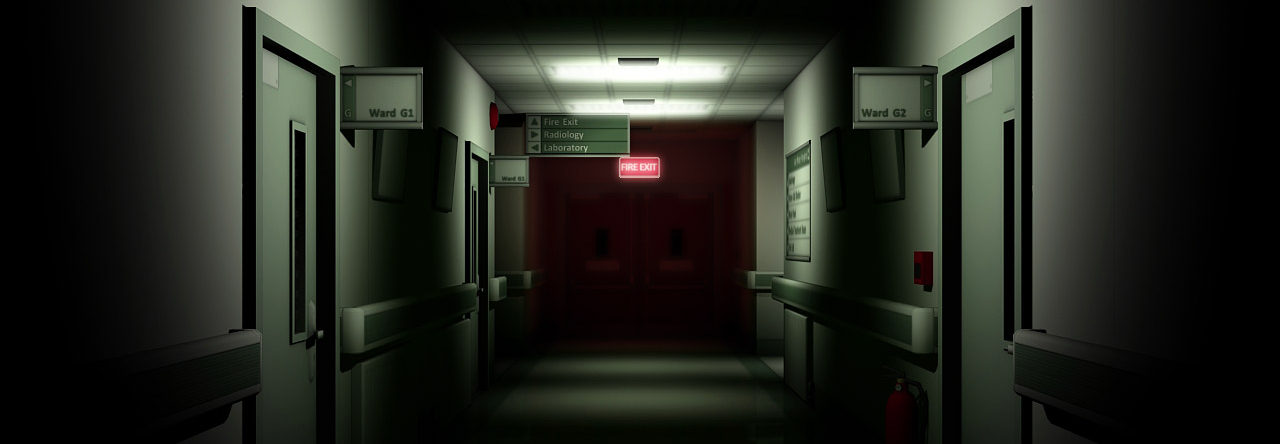
In from the Lancet via BBC:
But The Lancet research suggests it does not increase the risk of new brain bleeds, and may even lower it. Experts say the “strong indication” needs confirming with more research. Only take daily aspirin if your doctor recommends it, they advise.
Interestingly there are two different types of strokes; the one they are talking about here is one where a blood vessel ruptures and bleeds cutting off blood to part of the brain and creating a pool of blood in a place with no room for a pool of blood, causing the stroke. The other type is where there is a clot that forms that cuts off blood to an area of the brain which then causes deficit.
Typically, in the type that bleeds we advise the patient to stop taking things that prevent clotting. People call them blood thinners, but really, they are like a chaperone for platelets that makes them keep arm’s length from each other instead of allowing a platelet orgy (clot).
Daily aspirin and occasional aspirin are not always the best thing. This is one to talk to your provider and follow their advice. I know it sucks not to prescribe for yourself.
The research involved 537 people from across the UK who had had a brain bleed while taking anti-platelet medicines, to stop blood clotting, including aspirin, dipyridamole (Persantine) or another drug called clopidogrel (Plavix).
Half of the patients were chosen at random to continue on their medicine (following a short pause immediately after their brain bleed), while the other half were told to stop taking it
Over the five years of the study, 12 of those who kept taking the tablets suffered a brain bleed, compared with 23 of those who stopped
The work is being presented at the European Stroke Organization Conference in Milan.
The message from the study:
Prof Metin Avkiran, from the British Heart Foundation, which funded the research, said: “Around a third of people who suffer a brain hemorrhage, also known as hemorrhagic stroke, do so when they are taking an anti-platelet medicine, such as aspirin, to reduce the risk of a heart attack or an ischemic [blood clot] stroke.
“We now have a strong indication they can carry on taking these potentially life-saving medicines after the brain hemorrhage without increasing the risk of another one, which is crucial new information for both patients and doctors.”
Look a stroke is nothing to mess with. They can be devastating to personal health and the ability to care for one’s self. Daily aspirin is a good thing in the correct settings. Sometimes something stronger. That is the reason you need to swing by primary care from time to time to check in and get your blood work done ( man I am a hypocrite I need to do just that so do as I say not as I do).
Know the stroke signs:
- Sudden NUMBNESS or weakness of face, arm, or leg, especially on one side of the body
- Sudden CONFUSION, trouble speaking or understanding speech
- Sudden TROUBLE SEEING in one or both eyes
- Sudden TROUBLE WALKING, dizziness, loss of balance or coordination
- Sudden SEVERE HEADACHE with no known cause
Or simply the acronym F.A.S.T
- Facial drooping
- Arm weakness
- Speech difficulty
- Time to call 911
Let the paramedics take you to the Emergency Department, do not go yourself. Be careful out there!

